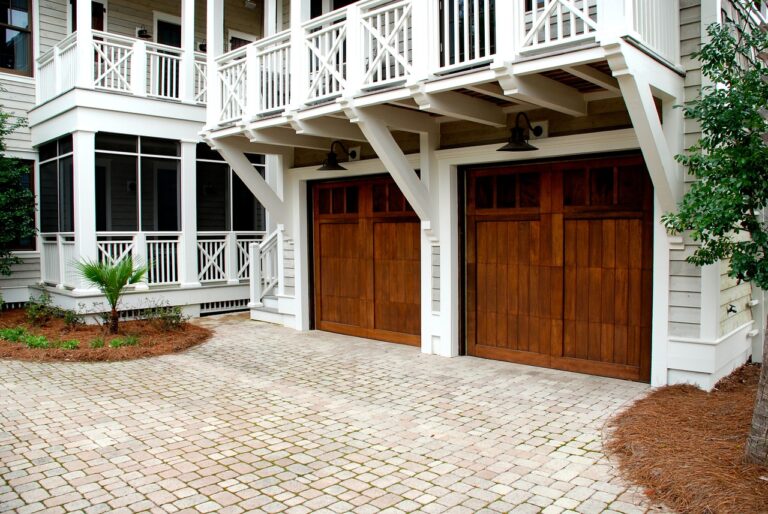The Impact of Appliance Design on Noise Pollution: All pannel.com, Cricket bet99, Lotus365 vip login
all pannel.com, cricket bet99, lotus365 vip login: The Impact of Appliance Design on Noise Pollution
Have you ever stopped to think about how the design of your appliances can affect noise pollution in your home? It’s something that often goes overlooked, but the truth is that the way our appliances are designed can have a significant impact on the amount of noise they produce. From dishwashers to air conditioners, every appliance plays a role in the overall noise levels in our homes.
In this article, we’ll explore the ways in which appliance design can contribute to noise pollution and what you can do to minimize its effects.
The Role of Appliance Design
When it comes to noise pollution, the design of your appliances plays a crucial role. Appliances that are poorly designed or lack proper insulation are more likely to produce higher levels of noise. For example, older models of washing machines and dishwashers tend to be much noisier than their modern counterparts because they lack the insulation and soundproofing technologies that have become standard in newer models.
Similarly, air conditioners and refrigerators that are poorly designed or outdated can also contribute to noise pollution in your home. The constant humming and buzzing of these appliances can be quite disruptive, especially if you live in a small space or have an open floor plan.
How Appliance Design Affects Noise Levels
The design of your appliances can impact noise levels in a few key ways. First and foremost, the materials used in the construction of the appliance can directly affect how much noise it produces. Appliances made of thinner, less insulating materials are more likely to transmit sound waves, resulting in higher noise levels.
Additionally, the layout and placement of internal components within an appliance can also have an impact on noise levels. For example, a dishwasher with a motor located directly underneath the tub may produce more noise than one with a motor located on the side or back of the appliance.
What Can You Do to Minimize Noise Pollution?
If you’re dealing with noisy appliances in your home, there are a few steps you can take to minimize their impact on noise pollution. First and foremost, consider investing in newer, more energy-efficient models that are designed to produce less noise. Many modern appliances come equipped with soundproofing technologies and insulation that can significantly reduce noise levels.
Additionally, you can try to minimize the impact of noisy appliances by taking simple steps like closing doors and windows while they’re in use, running them during off-peak hours when you’re less likely to be bothered by the noise, and regularly maintaining them to ensure they’re operating at peak efficiency.
FAQs
Q: What are some common signs that an appliance is producing excessive noise?
A: Some common signs of excessive noise produced by appliances include loud humming, buzzing, rattling, or clanking sounds during operation.
Q: Can noise from appliances be harmful to my health?
A: Prolonged exposure to high levels of noise from appliances can potentially have negative effects on your health, such as increased stress levels, hearing loss, and sleep disturbances.
Q: Are there any regulations in place to address noise pollution from appliances?
A: Yes, there are regulations in place that set maximum noise levels for appliances to help minimize noise pollution in residential areas. However, it’s important to keep in mind that these regulations may vary depending on where you live.
In conclusion, the design of your appliances can have a significant impact on noise pollution in your home. By investing in newer, more energy-efficient models and taking simple steps to minimize the impact of noisy appliances, you can create a quieter and more peaceful living environment for yourself and your family.






